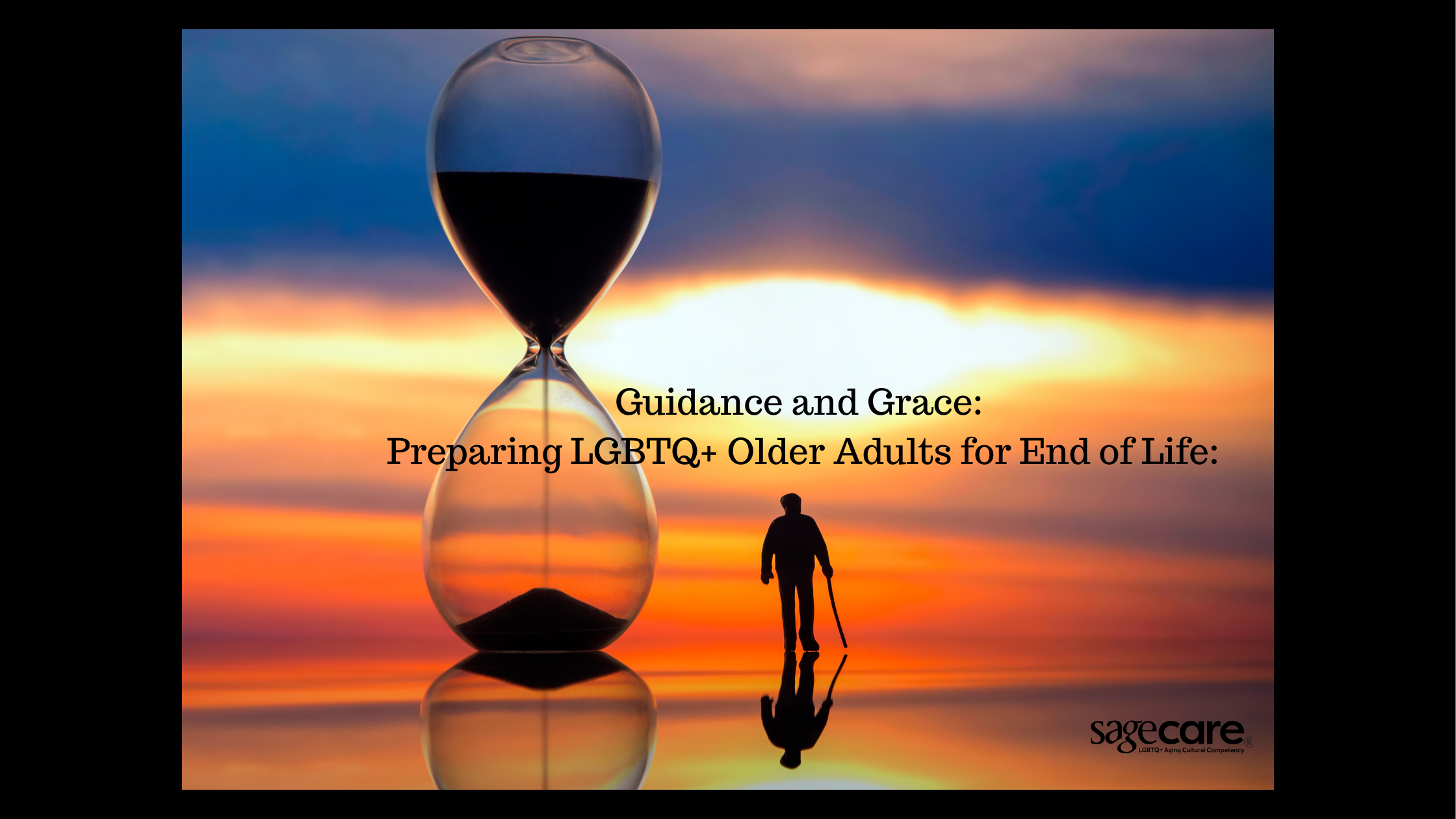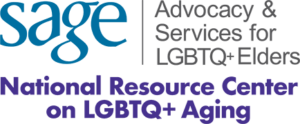
As we navigate the complexities of life, discussions about end-of-life care and planning often become essential, yet they can also be sensitive and deeply personal. For LGBTQ+ individuals, considerations around end-of-life needs carry unique challenges and nuances that require thoughtful understanding and support. This blog explores the aspects of end-of-life care and planning pertinent to the LGBTQ+ community, highlighting key considerations and resources for a compassionate approach.
Understanding the LGBTQ+ Experience in End-of-Life Care
End-of-life care encompasses various facets, from medical preferences to emotional support and legal considerations. For LGBTQ+ individuals, these aspects can be influenced by their identities, experiences, and the societal contexts they navigate:
- Medical Decision-Making: LGBTQ+ individuals may face challenges related to healthcare decision-making, especially if their relationships are not legally recognized or if family dynamics are complex. Advance directives, such as healthcare proxies and living wills, are crucial for ensuring that their wishes regarding medical care are honored.
- Family and Social Support: Family dynamics within the LGBTQ+ community can vary significantly, influencing the availability of support networks during critical times. Identifying chosen family members or trusted friends who can advocate for and provide emotional support is essential.
- Legal Considerations: Legal protections for LGBTQ+ individuals vary by jurisdiction. Ensuring that legal documents, such as wills, powers of attorney, and beneficiary designations, are in place can help protect against potential discrimination and ensure their wishes are met.
- Cultural Competency of Care Providers: Accessing culturally competent healthcare providers who understand and respect LGBTQ+ identities and histories is crucial. Providers should be sensitive to unique healthcare needs, such as those related to hormone therapy, HIV/AIDS care, or mental health concerns.
- Spiritual and Emotional Support: LGBTQ+ individuals may have specific spiritual or emotional needs related to their identities or experiences of discrimination. Access to affirming religious or spiritual communities, as well as counseling services that prioritize LGBTQ+ affirming practices, can provide vital support.
Resources and Support for LGBTQ+ End-of-Life Planning
Navigating end-of-life planning can feel overwhelming, but there are resources and organizations dedicated to supporting LGBTQ+ individuals and their families:
- LGBTQ+ Organizations: Organizations like the Human Rights Campaign (HRC), SAGE and National Resource Center on LGBTQ+ Aging, provide resources, guides, and advocacy on LGBTQ+ rights and end-of-life issues.
- Legal Services: Seek out legal professionals who specialize in LGBTQ+ estate planning and can assist with drafting documents that reflect your wishes and protect your rights.
- Healthcare Providers: Identify healthcare providers and facilities with a reputation for providing LGBTQ+-affirming care. This may involve asking for recommendations within LGBTQ+ community networks or researching healthcare provider directories.
- Support Groups: Joining LGBTQ+ support groups or networks can provide opportunities to connect with peers facing similar end-of-life planning challenges and share experiences and resources.
- Training by SAGECare: Guidance and Grace: Preparing LGBTQ+ Older Adults for End of Life: The End-of-Life training takes participants through the unique and often overlooked needs and experiences of LGBTQ+ older adults as they plan for the latter half of their lives to ensure their desires are honored, and their needs are met.
Starting the Conversation
Initiating conversations about end-of-life needs can be daunting but is crucial for ensuring that preferences and wishes are known and respected. Here are some tips for starting these conversations:
- Create a Safe Space: Choose a time and place where all involved parties feel comfortable and respected.
- Use Resources: Utilize guides or checklists from LGBTQ+ organizations to help structure discussions and cover essential topics.
- Seek Professional Guidance: Consider involving a healthcare provider, counselor, or mediator knowledgeable about LGBTQ+ issues to facilitate discussions and provide guidance.
Addressing the end-of-life needs of LGBTQ+ individuals require sensitivity, understanding, and proactive planning. By engaging in open conversations, accessing supportive resources, and advocating for LGBTQ+-affirming care, individuals can navigate this aspect of life with dignity and respect.
Embracing inclusive practices in healthcare, legal planning, and support networks ensures that LGBTQ+ individuals can approach end-of-life care with the same rights and dignity as anyone else. Together, we can foster a community where all individuals receive compassionate care that honors their identities and values throughout every stage of life.





